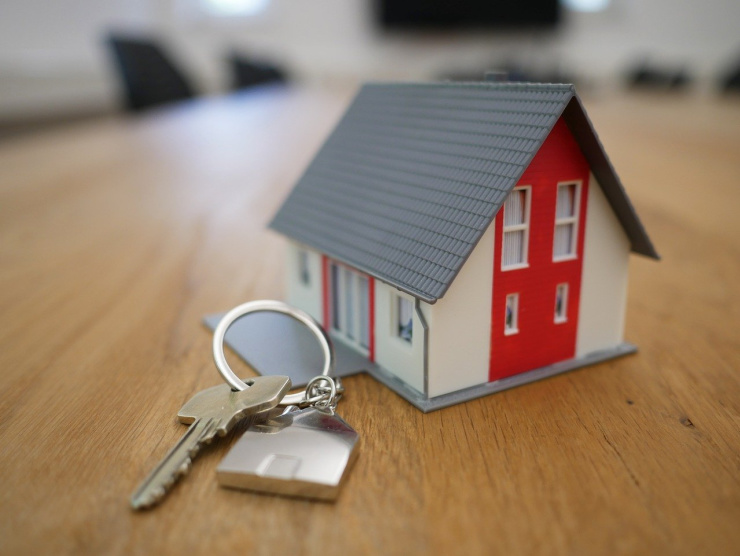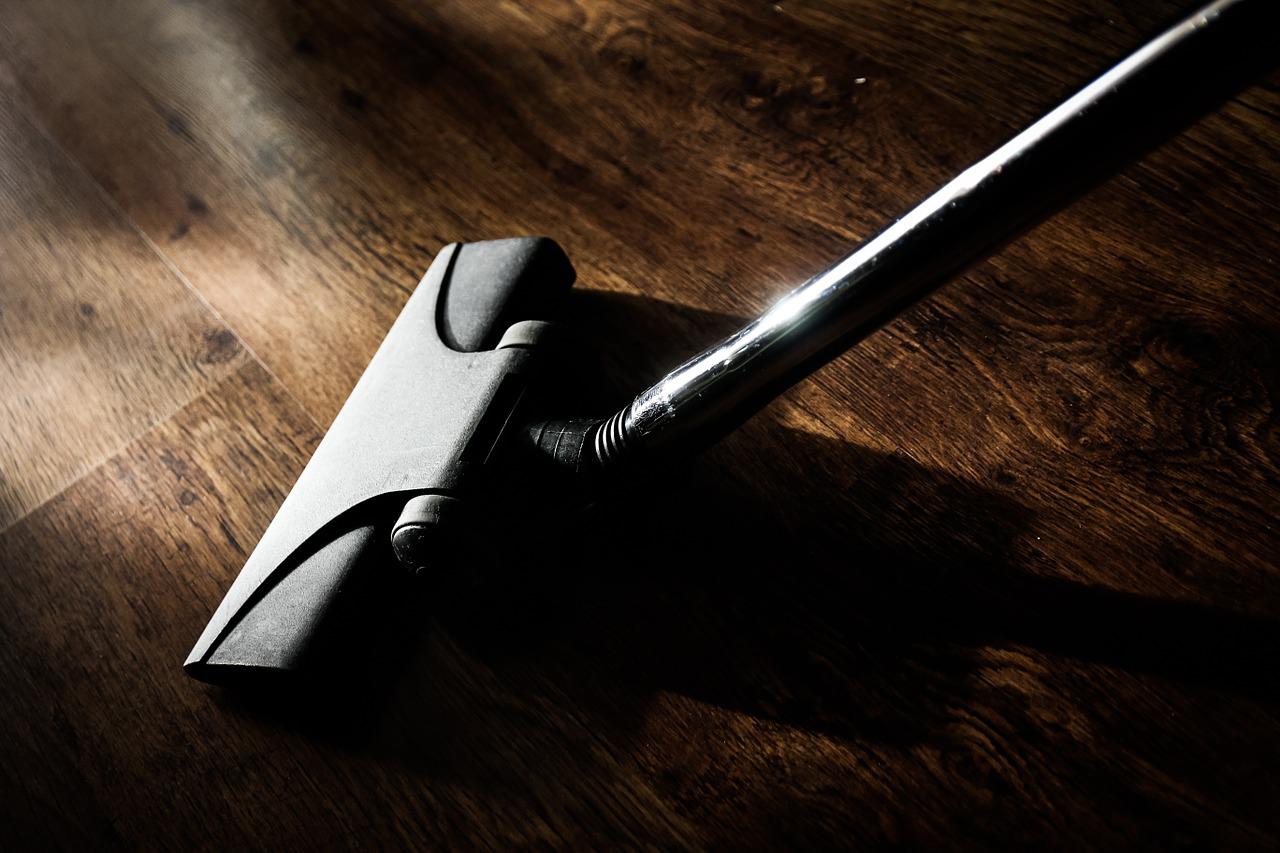
The responsibilities of landlords are vast and can often come with unexpected costs. If you are a landlord and planning to give your property for rent, here is a checklist that will help make the process smooth for you.
Fix the Rent Amount
The first step to renting your property is fixing your rent amount. You cannot fix an amount that you like, rather it is an extensive process, you have to research the market and see how tenants respond to different rent fees and what you are offering for that amount. To ensure monthly rent payments hit your bank account, the rent guarantee scheme helps you manage things.
Sign an Agreement
Both the tenants and the landlord can drift away from the terms and conditions, and to stay on one line, it is important to sign an agreement, to which the tenants and the landlord mutually agree. A legal contract between both parties ensures the safe handling of the rented property. Your agreement should be duly signed and the terms and conditions should be clearly put across.
Investigate the Tenants
To whom you are lending your property is quite an essential and difficult task. Before signing the agreement with tenants, do some basic checks. Not every person is reliable and failing to find honest tenants could mean they could default on payments or damage your property. Have an interview with your potential tenants, and check their ID and if they have the right to rent in the UK. If you are not sure of their credentials you could employ a local private investigator. Keep a copy of their important details and contact numbers so if an emergency situation occurs, you can contact them and you could present something as proof.
Prepare Your House
Obviously, as you have expectations from your renters; similarly, they would also have certain demands from the landlord. They might want to have some changes in your property or some renovations, this is the time to do the DIY home improvements needed. You probably cannot get away with renting out the home as it is, without it being up to date and there is always room for certain improvements. Since tenants have to pay you, they become choosy, and because of the increased availability of rental homes, their expectations are much higher than in the past. Clean your home and ensure appliances are working and in good condition.
Understand Your Responsibility
The advantages of renting your property are numerous, such as the ease of tax breaks (you will still have to pay some tax on your property, of course, though resources like this step-by-step guide to calculating the tax will no doubt simplify things), and the ability to generate income that covers the bills and possibly even creates a profit. But being a landlord is a huge responsibility; you'll need to stay aware of repairs and maintenance, collect rent timely, work on your homeowner's insurance policy, and try to avoid wear and tear on your property by keeping an eye on your tenant's housekeeping skills. So before you decide to rent your property, do some research to ensure you are personally prepared for it.







No comments